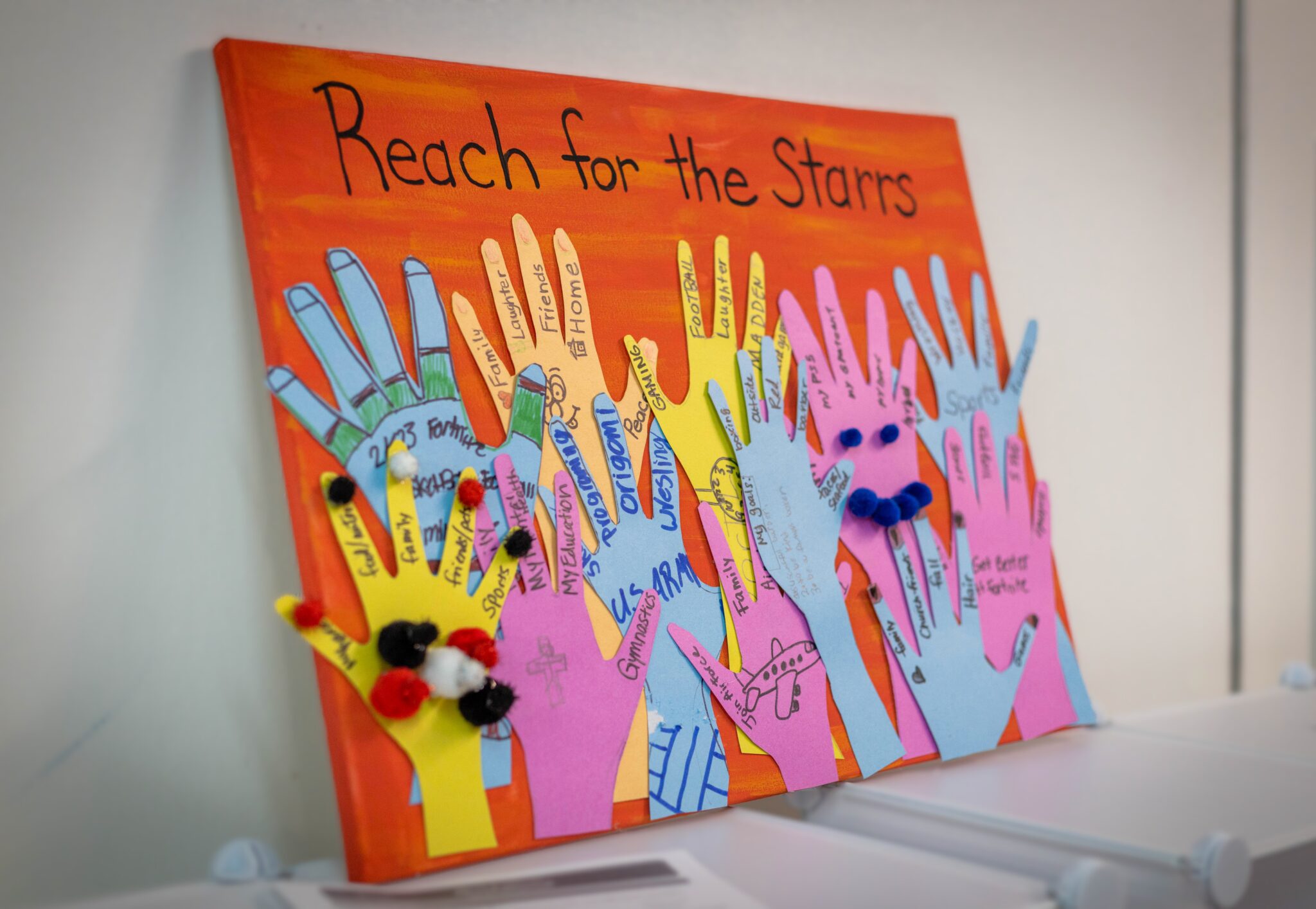
We’ve learned a lot in recent years about the barriers that prevent Michigan residents who need behavioral health care from accessing it. Provider shortages, stigma, cost, distance from services, and difficulty navigating complex systems can all stand in the way.
But organizations across Michigan are finding smart, collaborative solutions to help people in their communities overcome these barriers and increase access to needed care. The most promising solutions often involve new partnerships that help reach people where they already are.
A few years ago, we shared a post about Health Fund grantees who were working across sectors to do exactly that. Multi-sector solutions continue to be a major strategic priority for our Behavioral Health Initiative, and we’ve seen a number of exciting new projects emerge in the time since our last post. Here are a few examples:
Boys & Girls Clubs of Southeastern Michigan
In 2023, the Boys & Girls Clubs of Southeastern Michigan (BGCSM) used a Health Fund grant to launch an integrated health services initiative for Detroit youth.
The program includes partnerships with Wayne State University, the University of Detroit Mercy, and Children’s Hospital of Michigan to create practicum placement positions for six clinical psychology doctoral students, along with opportunities for Bachelor- and Master’s-level social work students. Altogether, the program provides a range of trauma-informed behavioral health services to children and youth in familiar, trusted settings. Their Behavioral Health Program came directly from the vision of their 2021 Youth of the Year, Jeremiah Green, to ensure all club youth had access to mental health services.
The program served more than 1,100 kids in their first year alone and operates three days per week out of four BGCSM locations. The project has also facilitated a one-day mental health takeover event that served more than 90 young individuals, created paid internship opportunities for high school students to explore behavioral health careers, and earned a regional award from the Boys & Girls Club of America. Trust and teamwork are the foundation for their community and club-member-driven work with academic and clinical partners.
The program has exceeded its initial goals, and BGCSM is currently seeking to increase supervision to expand the program, as well as sustain it through insurance billing after gaining the trust of the club and community members.
Starr Commonwealth
With support from a 2023 Health Fund grant, Starr Commonwealth (Starr) successfully launched the Student Resilience & Empowerment Center (“The REC”) in partnership with eight Calhoun County area schools, the county public mental health provider (Summit Pointe), and the Battle Creek Family YMCA.
The REC is a school-based behavioral health program that provides a variety of services to students and their families, while reducing the stigma surrounding behavioral health. The free, voluntary, referral-based program enrolls middle school youth who are struggling in traditional school settings.
Students are enrolled for a session that averages 8 to 10 weeks, but can be longer or shorter as needed. Participants spend half of their school day in their traditional school setting and the other half at the REC receiving individualized and group programming focused on social-emotional learning, problem solving, relationship building, and behavioral interventions.
Students enrolled in the REC also benefit from tailored support from certified teachers, clinicians, and “resilience coaches”, including academic support and behavioral health services such as individual therapy, parent support, case management, trauma assessments, and access to an emotional support dog.
Participants also gain access to YMCA facilities and memberships for families. In addition, the program coordinates wrap-around services and ensures ongoing collaboration between Starr and school teams to monitor student progress during and after the program. Starr staff are on site weekly for school-based observations, coaching, and behavior support recommendations. REC students all receive transition and re-acclimation planning to support their reintegration back into the school environment.
Since the 2022-23 school year, 212 students have been referred and accepted to the program and 187 completed it as planned. Overall, 89% of students reported that services helped them to deal more effectively with their problems. At the end of the program, school representatives reported a 22% increase in students exhibiting a sense of belonging in school, and a 35% increase in students who knew what they needed to do to reach their goals.
Jewish Family Services
In 2022, Jewish Family Services of Washtenaw County (JFS) received a Health Fund grant to provide culturally sensitive behavioral health services to refugee and immigrant youth, who often have unique needs and face significant challenges in accessing care.
JFS has partnered with federally qualified health center Packard Health to deliver individual and group therapy integrated with primary care. The program used Trauma Systems Therapy for Refugees (TST-R), an evidence-based, trauma-focused therapy model developed at Boston Children’s Hospital Trauma and Community Resilience Center and designed specifically to support refugee children and youth.
During the two-year grant period, the program facilitated three therapy groups, referred ten youth for culturally appropriate individual therapy, engaged 71 families, and provided over 150 hours of ongoing training and supervision to providers and staff. It also employed a community-based approach, including school-based programs, events, and outreach, which served to build trust and improve accessibility. The use of community health workers and cultural brokers was key to engaging the community and driving referrals.
In 2024, JFS received a major grant from the Substance Abuse and Mental Health Services Administration to continue and expand the program as well as further strengthen partnerships and services for another five years.
Investing in Collaboration
These projects show the potential impact that organizations can have when they work together across sectors, particularly for reaching children and youth, a group that faces a high level of unmet behavioral health needs.
As we continue to work to increase access and strengthen critical systems that provide care to Michigan residents, we will continue to invest in innovative multi-sector approaches that deliver encouraging outcomes like these.
